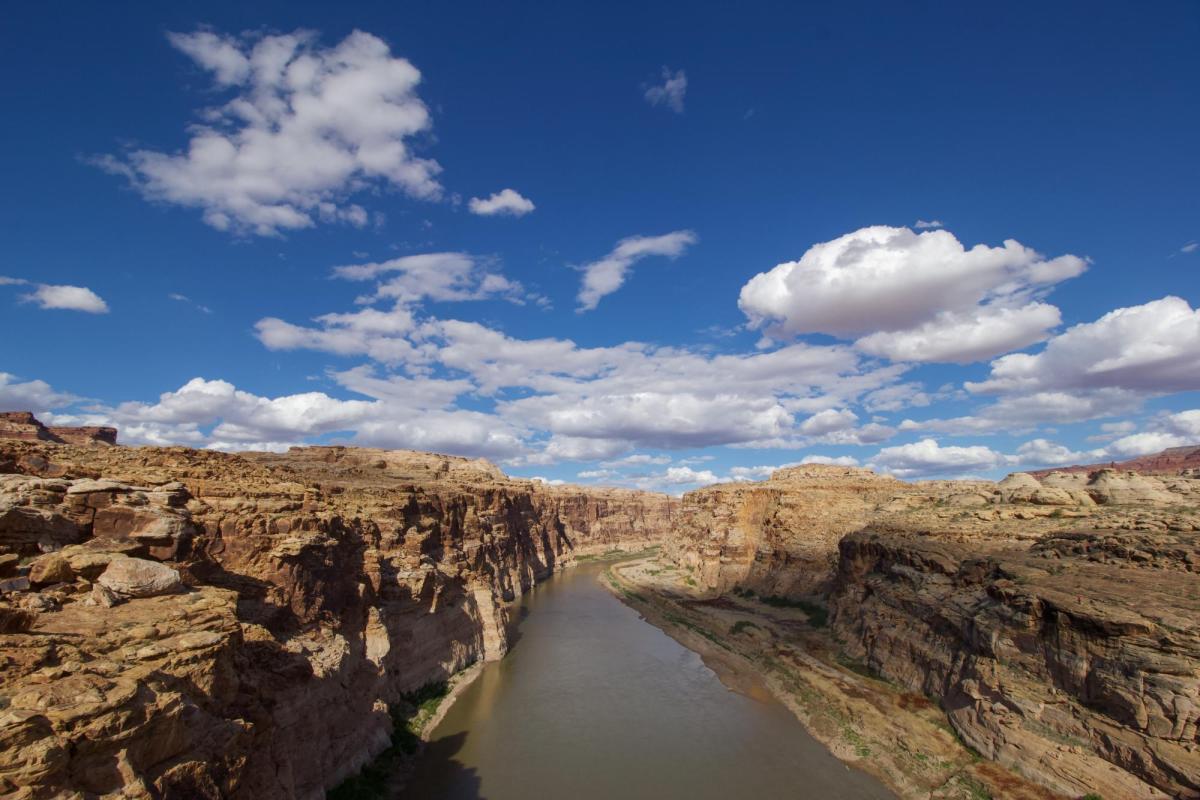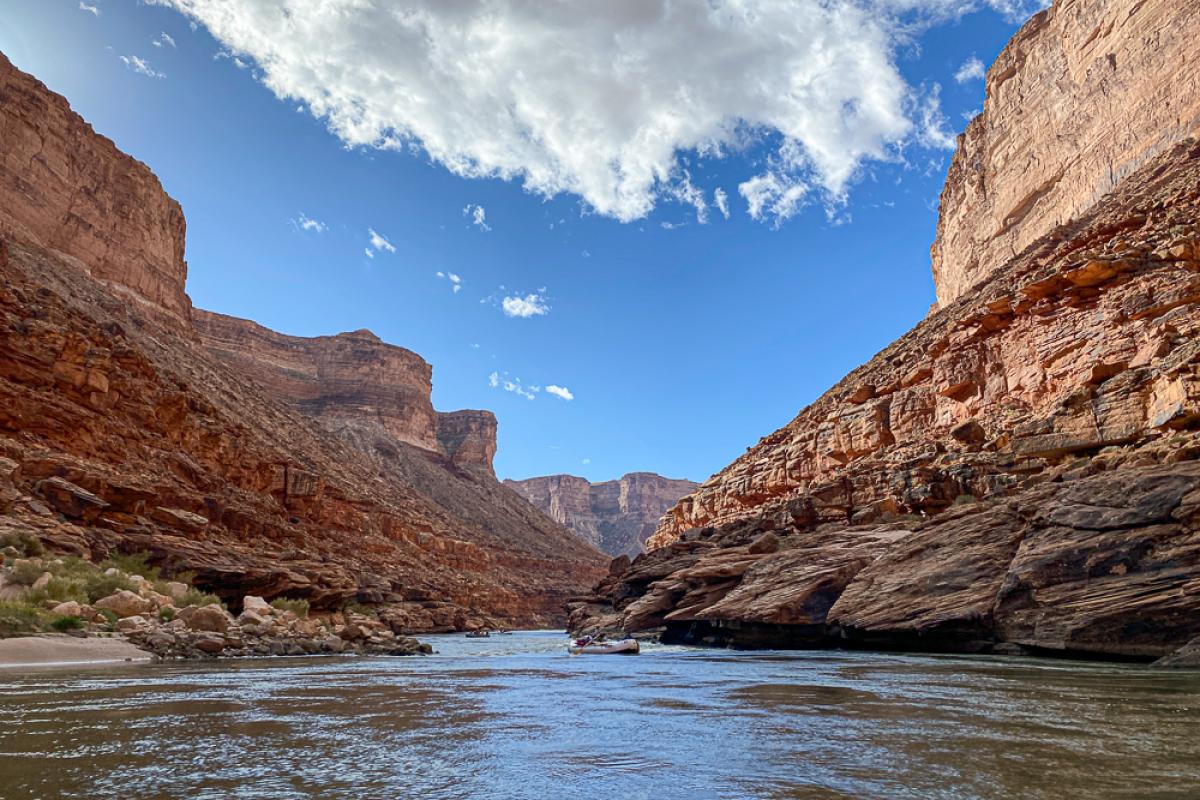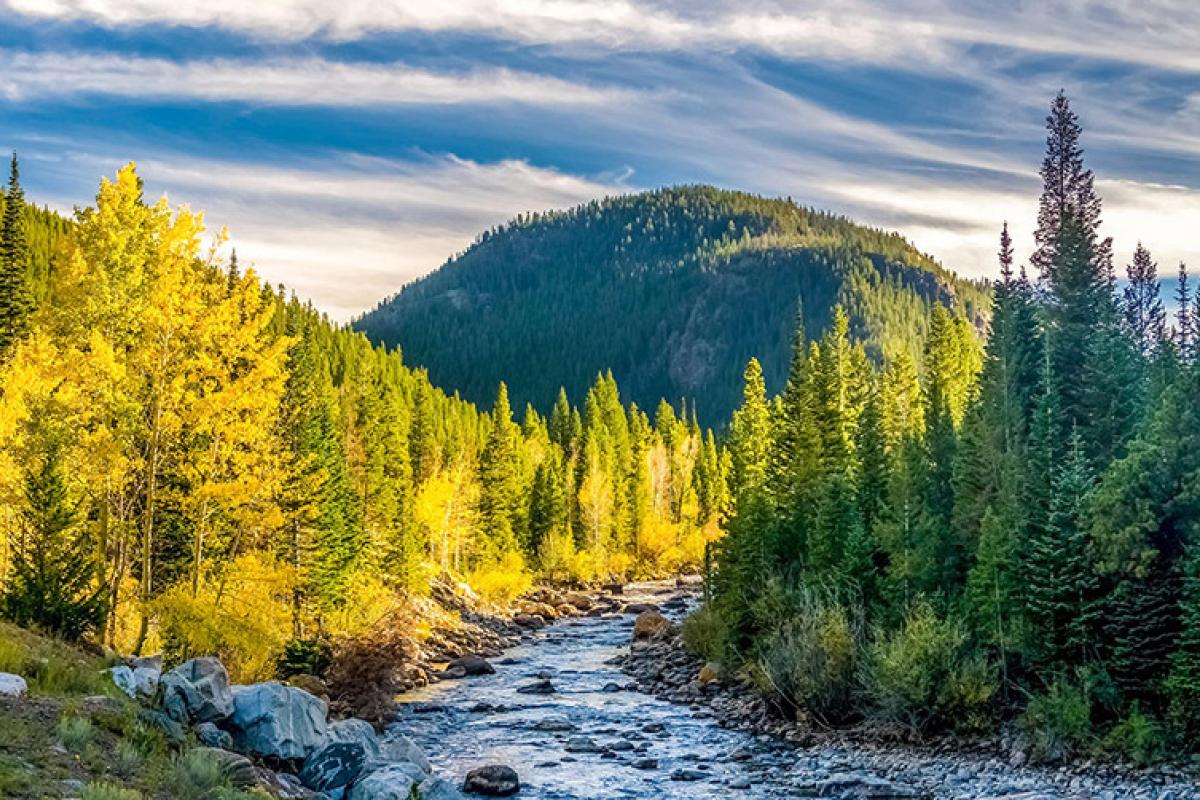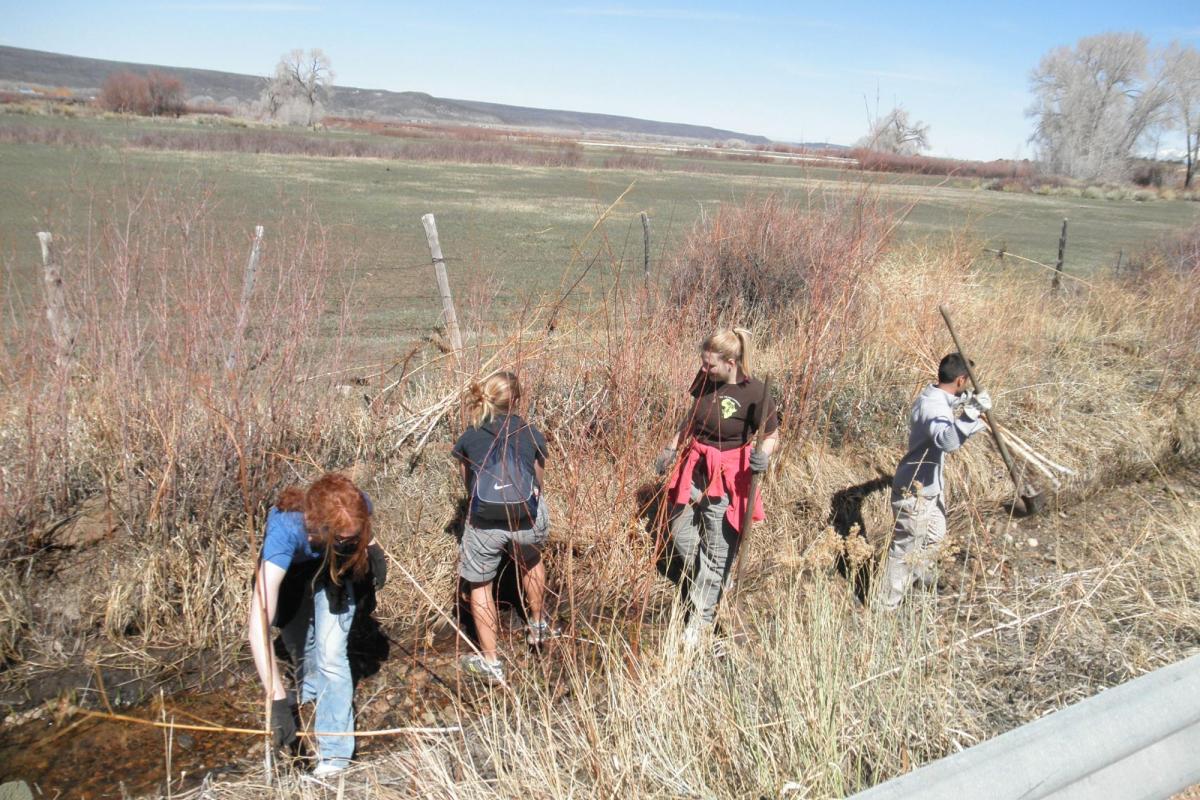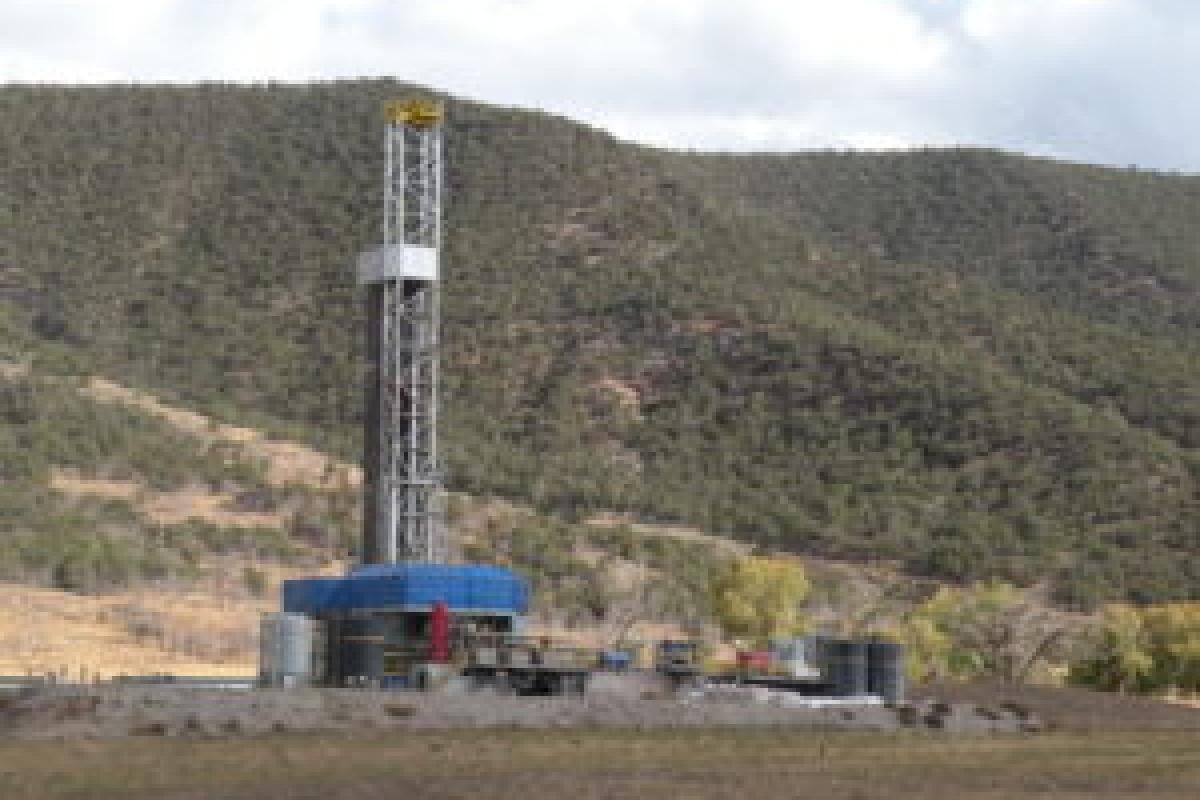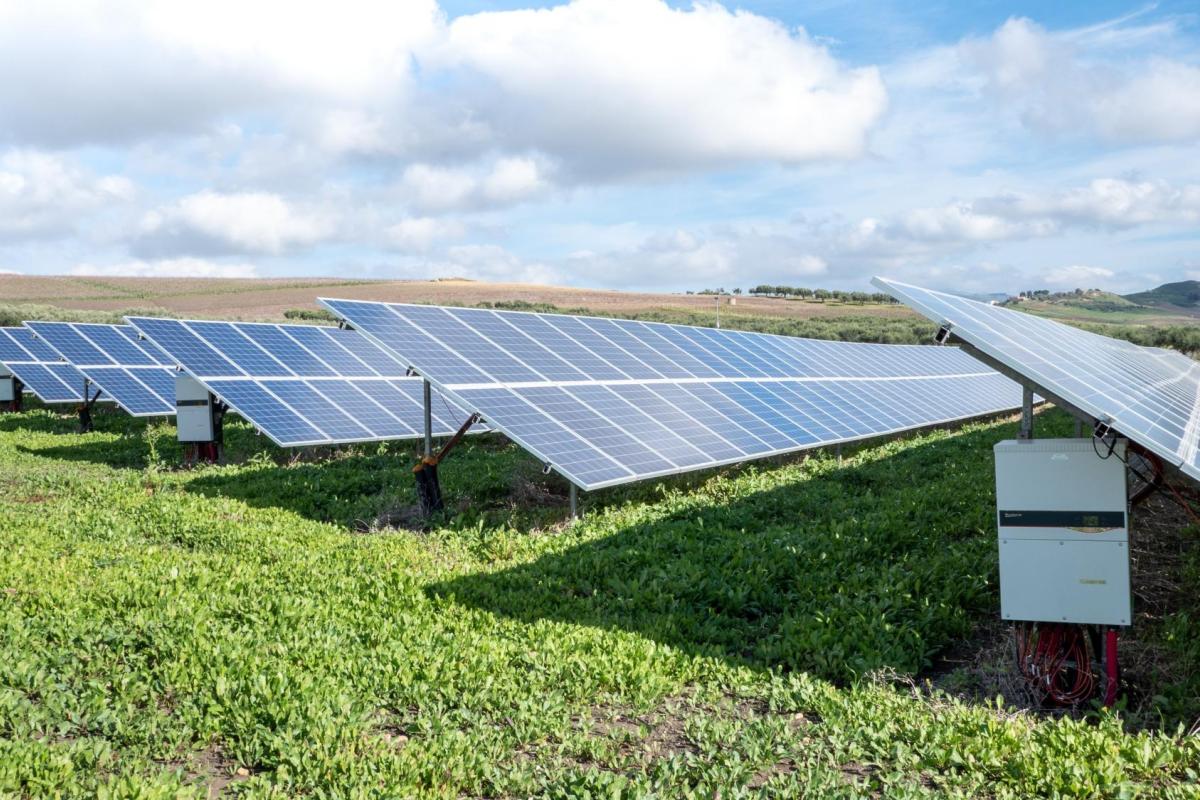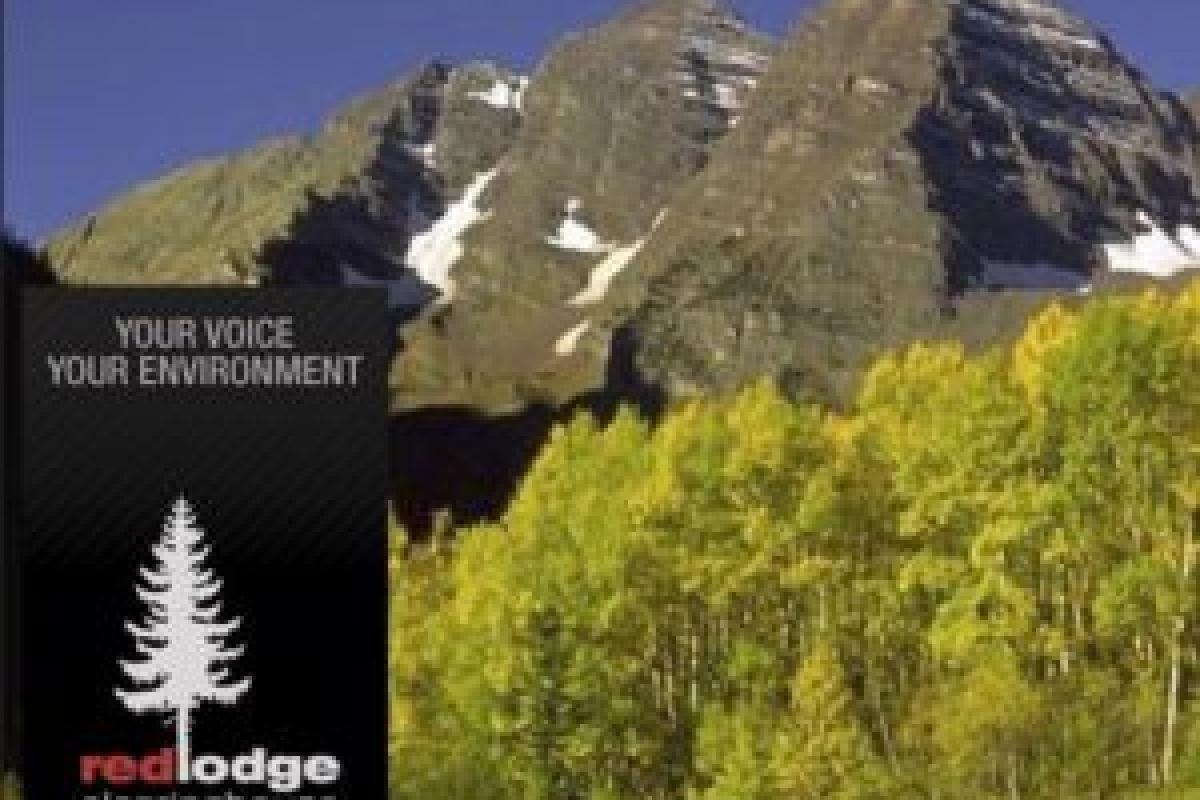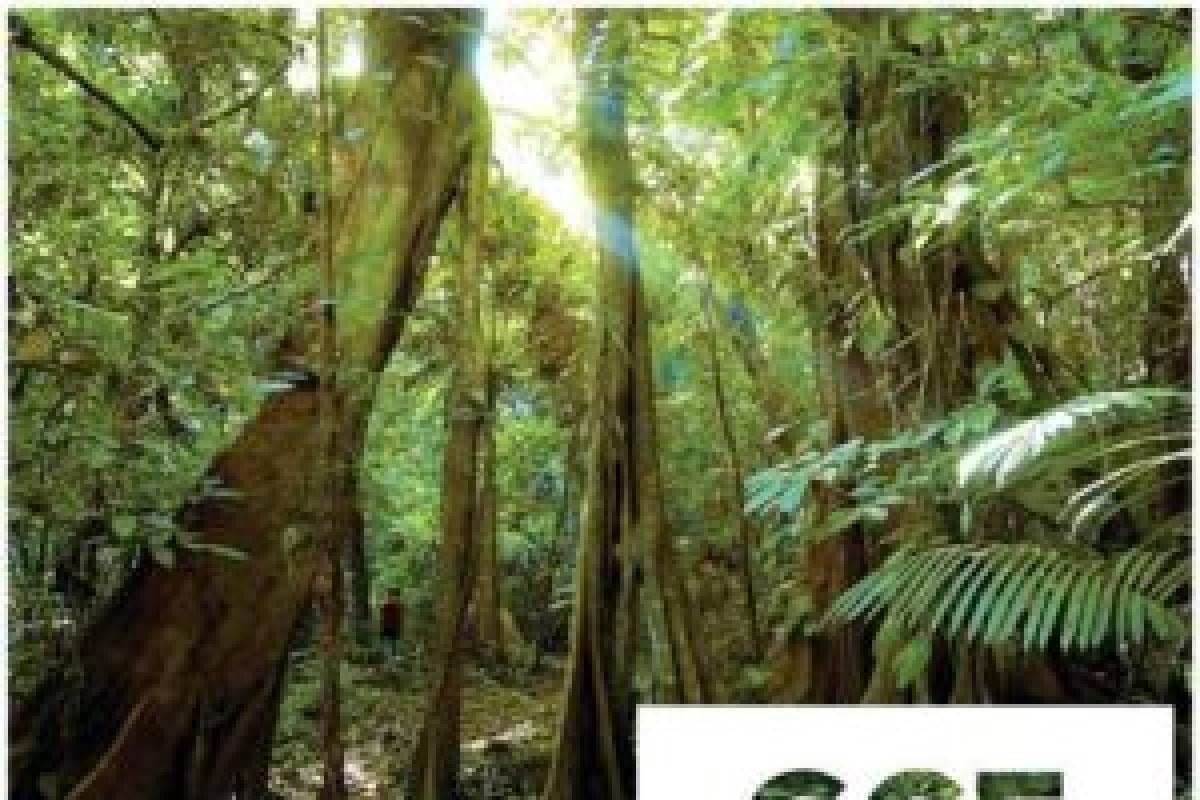Our Work
Programs and Projects
The Western Water Policy Program highlights innovations in water policy and law, with the goal of identifying the most productive solutions for innovation in water policy and water law. The program seeks to influence positive change for water policy in the West, being receptive to various ideas, including economic and administrative reforms, technological innovations, and social change.
The Colorado River Research Group is a diverse, 14-person team of scholars engaged in timely, provocative research on the river system.
The Water Law Fellows work on the most pressing water law reform issues of the day under the guidance of the GWC and in partnership with leaders from the non-profit, government, and private sectors. The intensive two-year program immerses Water Law Fellows in the real world challenges of water law and policy.
The Acequia Project is a joint effort by the Getches-Wilkinson Center, Colorado Open Lands, and the Sangre de Cristo Acequia Association to provide low or no-cost legal assistance and educational materials to Colorado's acequia communities.
Historical Programs and Projects
The Other Third: Global Energy Justice Initiative seeks to improve energy and environmental security for the world's poor. There are two to three billion people worldwide who have little or no access to beneficial energy for cooking, heating, water sanitation, illumination, transportation, or basic mechanical needs. Our projects take practical steps toward solving the energy and environmental deficits of this "other third."
The Intermountain Oil and Gas BMP Project is a free-access website of Best Management Practices (BMPs) for oil and gas development in the Intermountain West. BMPs are state-of-the-art mitigation measures applied to oil and natural gas drilling and production to help ensure that energy development is conducted in an environmentally responsible manner.
The Energy Innovation Initiative is a partnership between the Getches-Wilkinson Center for Natural Resources, Energy, and the Environment and the Silicon Flatirons Center for Law, Technology, and Entrepreneurship. Established in 2011, the initiative brings together leaders from government, law, finance, industry, and education to address key aspects of the energy innovation challenge and develop new approaches and solutions to today's energy challenges.
The Red Lodge Clearinghouse is a one-stop shop for engaged citizens to learn about, discuss, and participate in natural resources, energy, and environmental policy decisions affecting their communities in the West and beyond.
EnergyTradeoffs.com features conversations with scholars and experts whose work addresses the difficult tradeoffs associated with the green energy transition–tradeoffs between energy reliability, energy affordability, and the environmental impacts of energy production, as well as political and other tradeoffs.
Four Corners Environmental and Economic Justice, a nonprofit initiative serving communities in the Four Corners region during the transition to a zero-carbon economy, leverages the GWC’s historical work in environmental justice and American Indian tribal issues, its connections to the Four Corners region, and its ability to provide staff time and infrastructure support during the start-up phase of a new nonprofit organization.
Established in 2008, the Governors’ Climate & Forests Task Force is the world’s largest subnational collaboration of states and provinces working to reduce deforestation and advance low-emissions development. GCF Task Force membership includes 38 states and provinces from Brazil, Indonesia, Columbia, Ivory Coast, Mexico, Nigeria, Peru, Spain, and the U.S. seeking to advance jurisdictional programs for reducing emissions from deforestation and land use and link these activities with emerging greenhouse gas compliance regimes and other pay-for-performance opportunities.


